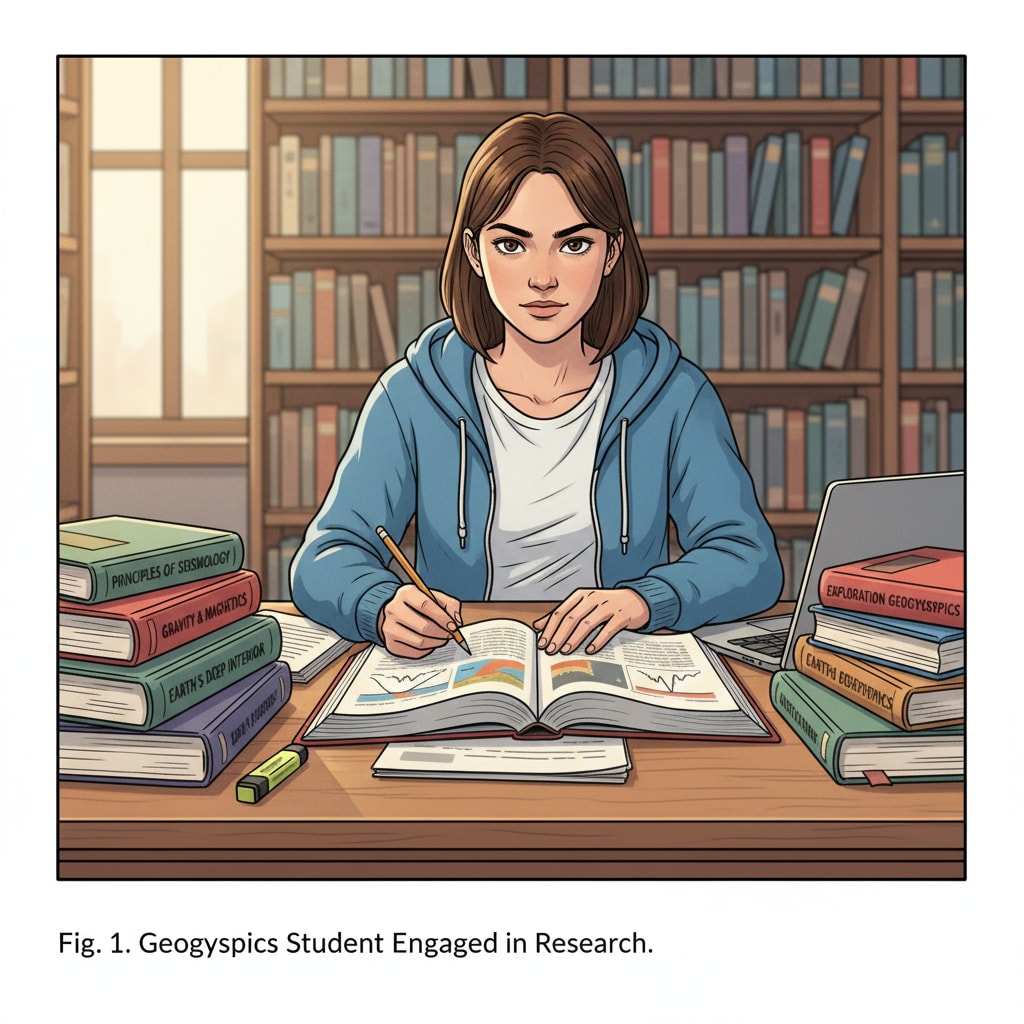Geophysics graduates often find themselves at a crossroads, facing employment difficulties and contemplating whether to pursue a second master’s degree. The field of geophysics, which combines physics, geology, and mathematics to study the Earth’s physical properties and processes, has unique challenges when it comes to job opportunities.

The Employment Conundrum in Geophysics
The job market for geophysics graduates is relatively competitive. There are fewer job openings compared to some other fields. For example, industries such as oil and gas exploration, which were once major employers of geophysicists, have seen a decline in demand due to various factors like environmental concerns and a shift towards renewable energy sources. As a result, many geophysics graduates struggle to find suitable positions that match their skills and educational background. Geophysics on Wikipedia
The Allure of a Second Master’s
In the face of employment difficulties, some geophysics graduates are turning to a second master’s degree as a potential solution. A second master’s can provide them with specialized knowledge and skills, making them more competitive in the job market. For instance, obtaining a master’s in a related field like environmental geophysics or computational geophysics can open up new career paths. This advanced degree can also enhance their research capabilities, which may be valuable in academic or research-oriented positions.

However, pursuing a second master’s is not without its drawbacks. It requires a significant investment of time and money. Students need to consider whether the potential benefits in terms of improved job prospects outweigh the costs. Additionally, they must ensure that the second master’s program aligns with their long-term career goals.
Readability guidance: The employment situation for geophysics graduates is complex. By understanding the challenges and opportunities, they can make more informed decisions about their careers. Whether it’s entering the job market directly or opting for a second master’s, careful consideration of personal interests, skills, and long-term goals is essential.


